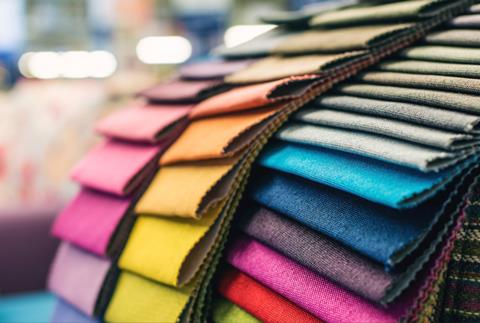
Indorama Ventures’ Fibers business and Jiaren Chemical Recycling have formed a joint venture aiming to unlock ‘up to 100,000 tonnes’ of textile-recycled PET spinning capacity annually.
Aiming to improve the resilience and transparency of the global textile supply chain, the companies highlight Indorama Ventures’ global manufacturing footprint across APAC, EMEA, and the Americas and Jiaren Chemical Recycling’s ability to source, sort, de-color, de- and re-polymerize textile waste, making chemical textile recycling available at scale. According to the partners, fibres and yarns from this recycled feedstock help brand owners towards achieving their climate targets and reduce textile waste at scale, while maintaining material performance.
Mr. Diego Boeri, Executive President of Indorama Ventures’ Fibers business, said: “Mismanaged textile waste as well as the next generation’s expectations regarding climate protection cannot be solved by one company alone. It requires significant investment in infrastructure, technology and operations. Only together can all value chain players can build circular business models. Regulators need to help nurture the appetite for required investments, in particular in Europe, and consumers need to understand a lot better what happens in today’s global material flows to make educated buying choices.”
The closing of the joint venture is subject to relevant regulatory approvals.
In August this year, Indorama Ventures claimed to have recycled over 150 billion post-consumer PET bottles since 2011, transforming used PET into high-quality recycled PET (rPET) resins and other materials, used across various industries. The company stated this helped avoid an estimated 3.8 million tonnes of CO2 emissions over the product lifecycle and diverted 2.8 million tonnes of plastic waste from landfills and the environment.
The following month, Australian biotech company Samsara Eco opened its first plant, intended to increase the company’s ability to produce ‘virgin-identical, low-carbon’ circular materials like recycled nylon and polyester at scale with applications across apparel, packaging and automotives. The company’s enzymatic recycling technology uses AI-crafted enzymes to break down mixed plastics destined for landfill into recycled raw materials, for brands to incorporate into their product lines.
If you liked this story, you might also enjoy:
The ultimate guide to the Packaging and Packaging Waste Regulation in 2025
How are the top brands progressing on packaging sustainability?
Everything you need to know about global packaging sustainability regulation in 2025
The key to increasing the use of reusable packaging in supermarkets














No comments yet